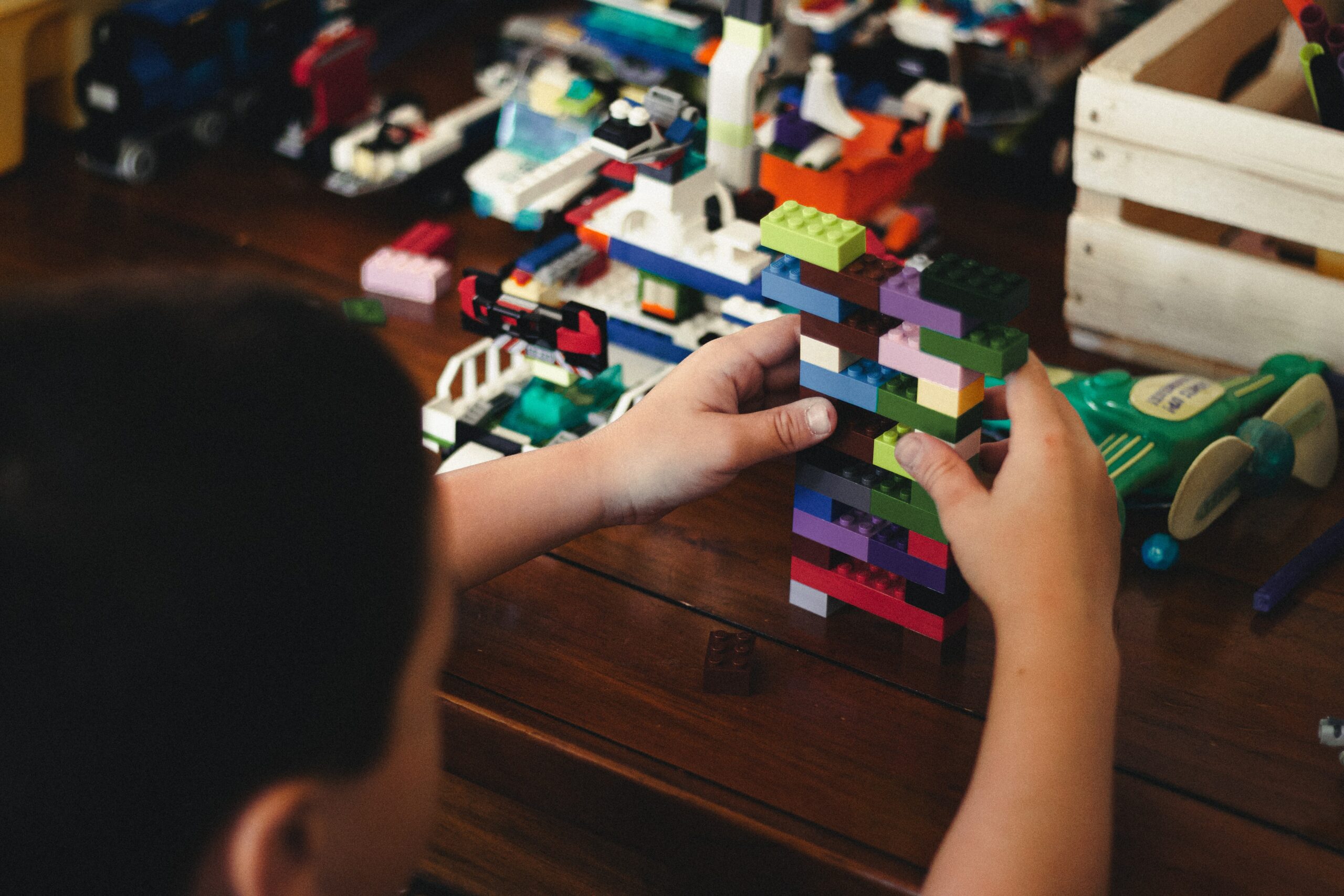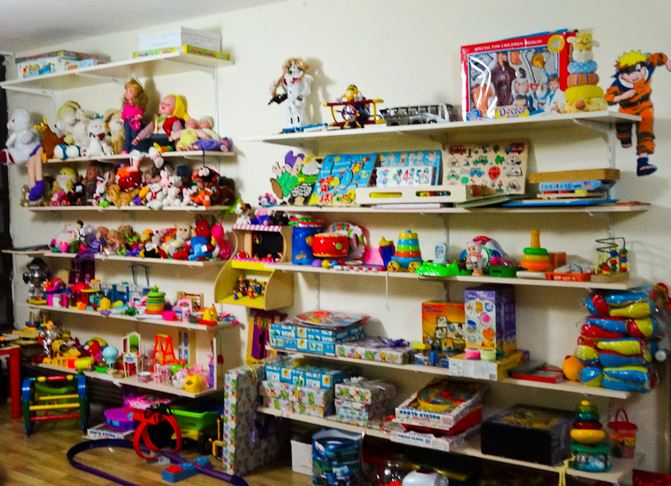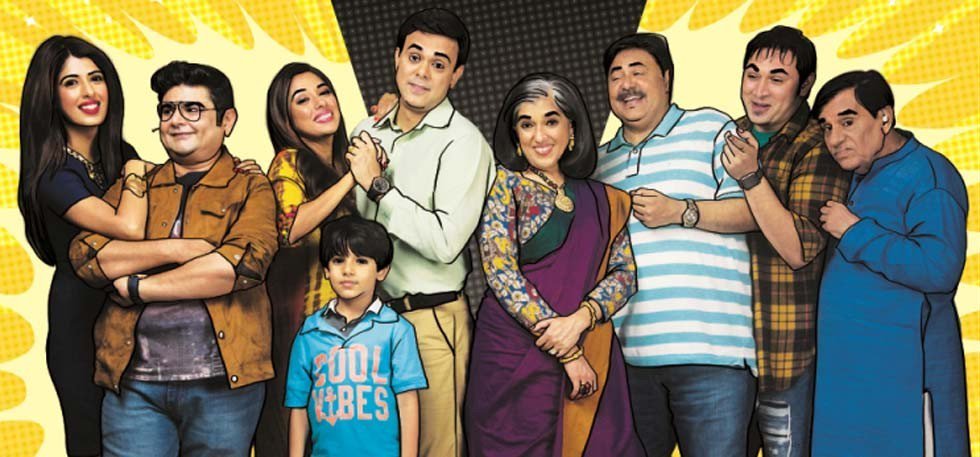Back when we were kids, history exams often used to mean memorizing a whole set of dates, who beat whom in the war, who was conquered etc. Somewhere down the line, I feel, the joy element in learning about our past was lost in our pursuit of high marks and marking the syllabus complete.
But as educators, parents and catalysts of the next generation, do we need to pause, reasses and change the way history is taught to our children?
We often quote WEF reports that state the nature of jobs our children will handle will be way different from what we are prepping them today for. In that case, will decade-old educational curriculums and policies help teach important subjects to our children?

Do We Need To Change The Way We Teach History To Our Children?
Mansi Zaveri, Founder- Kidsstoppress.com spoke to Author & Historian Yuval Noah Harari earlier about evolution, writing for children, what humans have learnt from their ancestors and why we need to change the way we teach history to our children.
The latter question in particular is answered by Professor Harari in the below video at 32.29th minute onwards.
He explains how we are pre-programmed to only learn about the happenings of the world always from our perspective. He says we often project ourselves at the centre, giving importance to our culture and history while not seeing it from a global perspective. And this reply, made me think.
Agreed, we need to know our basics, our roots, where we came from, and what shaped us. But if the tone of the narrative is going to be biased, it doesn’t quite serve the purpose.
He explains how that inspired him to write the book, Unstoppable Us, for children starting from the Stone Age, to help them understand our history better, and without biases.
In an article for The Guardian, Professor Harari explains how over generations we have made the learnings of history a burden to ourselves and to our children, and by doing so, we are missing out on the core, that makes it important and relatable.
Every person in the world carries a heavy burden. When we teach history to young people, we sometimes do it in order to shift some of our burden on to the shoulders of the next generation. We want the young to keep carrying the beliefs, the memories, the identities and the conflicts that have weighed on us throughout our lives. “Here, kid, I carried these things up to this point – now it’s your turn!”
That’s unfair. A far better reason to teach history is to help liberate kids from at least some of their fears, illusions and hatreds. “See these things, kid? I got stuck with them for years, and they made me miserable. Be careful! You don’t have to pick them up, too!”




















